Book Review: The Divine Sword by Rita Chowdhury (Translated by Reeta Borbora)
Prepare to be swept away into the mesmerizing realm of 'The Divine Sword,' where every page brims with the intoxicating blend of love's embrace and ambition's fiery grip. Winner of the esteemed Sahitya Akademi Award 2028, this English rendition unveils a sprawling tapestry of passion, betrayal, and the unyielding dance of destiny. As kingdoms clash and rivals scheme, follow the gripping journey of characters navigating treacherous landscapes of power and prophecy.
Delve into the heart of Assamese history, where secrets buried deep and bloodlines entwined shape the fate of nations. Embark on an unforgettable odyssey through the annals of time, where every revelation illuminates the eternal struggle between desire and consequences. The book was originally published in Assamese under the title ''Deo Langkhui," meaning 'The Divine Sword'. Special thanks to Pan Macmillan for providing me with a copy of this book and allowing me to experience Assamese culture and its rich history.
The story begins with the demise of King Mriganko of Gobha, orchestrated by King Jokanko, sending waves of sorrow and fury throughout the nation. Despite the grief, Mriganko's mother, Konsari, prevents any retaliation against King Jokanko. However, Jokanko falls into a state of depression and self-loathing upon discovering his relation to the late king.
Konsari, formerly known as 'Queen Chandraprabha,' is a highly respected figure in the Gobha Kingdom, despite facing numerous challenges in her life. Banished by her husband on suspicion of adultery with Gobha's king, SadhuKumar, Konsari finds refuge in the Gobha Kingdom, where her son is adopted by SadhuKumar as the prince.
Much of the story is narrated by Konsari to Jokanko, revealing past events and their intricate connections. The second part of the book delves into the tale of a Divine Sword bestowed upon Mriganko by a goddess, granting him invincibility. However, his past deeds come back to haunt him as he is betrayed by his own wife and falls victim to a curse uttered by Jokanko's mother.
The narrative spans three generations, each facing a similar fate in different guises. Konsari emerges as the central figure, undergoing a remarkable transformation from a teenage queen to a mature, sensible lady. Despite facing adversity, she embraces the customs of Gobha and raises her son within its society, even if it means keeping him apart from his true love.
One of the most touching aspects of the book is the relationship between Konsari and SadhuKumar, characterized by genuine love and mutual respect. The story intricately weaves Assamese culture and traditions, offering a glimpse into the region's rich heritage, including festivals, delicacies, and more.
Another significant character is Xunzira, Konsari's maid, who becomes a sister-like figure and plays a crucial role in her life and the unfolding of the story. Despite moments where the narrative may feel prolonged due to numerous details and characters, the book remains compelling with its mysteries waiting to be unraveled.
While 'The Divine Sword' may not be a book I revisit often, it is a commendable choice for those interested in historical fiction, Assamese culture, and a story that evokes mixed emotions. Although the focus sometimes shifts from the titular sword to Konsari, the book offers a rich tapestry of Assamese life and history, albeit requiring patience from the reader.
Undoubtedly, the author skillfully portrays different facets of Assamese culture, from clothing to cuisine, kingdoms, and landscapes, adding depth and authenticity to the narrative. 'The Divine Sword' is replete with twists, prophecies, and clashes of dynasties, offering a comprehensive reading experience for those willing to invest their time.
If you're intrigued by tales of transformation and drawn to the character of Konsari, this book is worth exploring. You can find copies on Amazon available both in Kindle and Paperback format,
Make sure to follow us on Instagram for more insightful and book reviews.

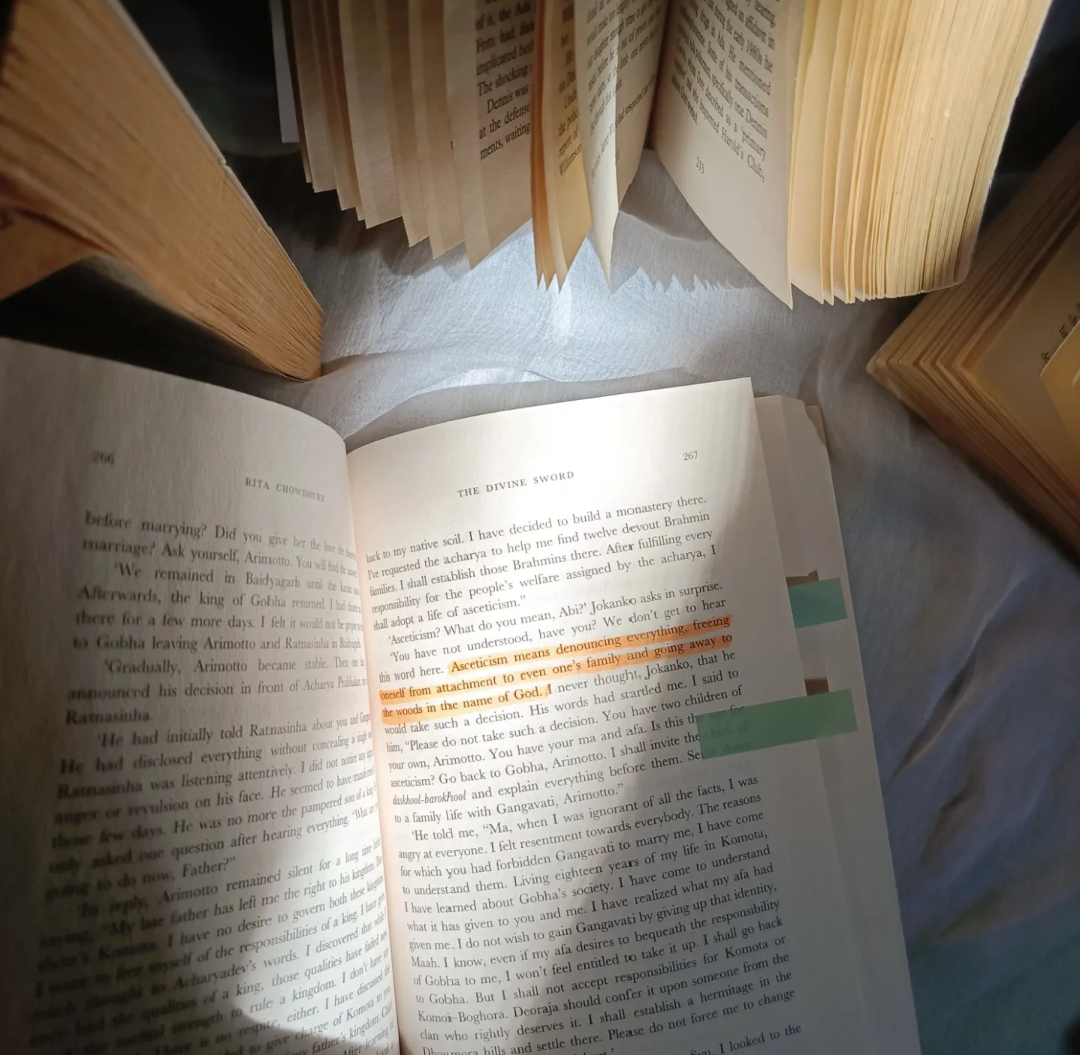
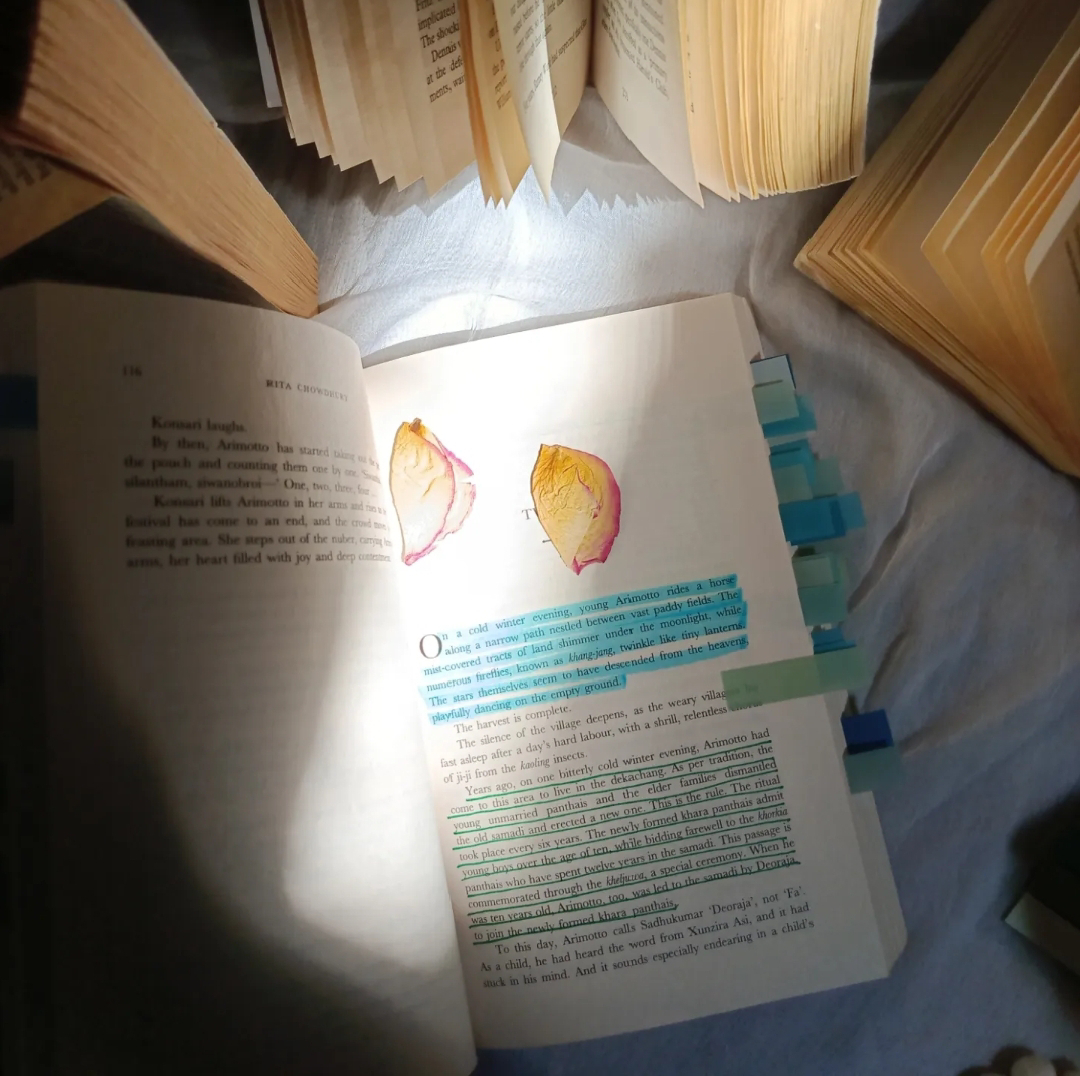

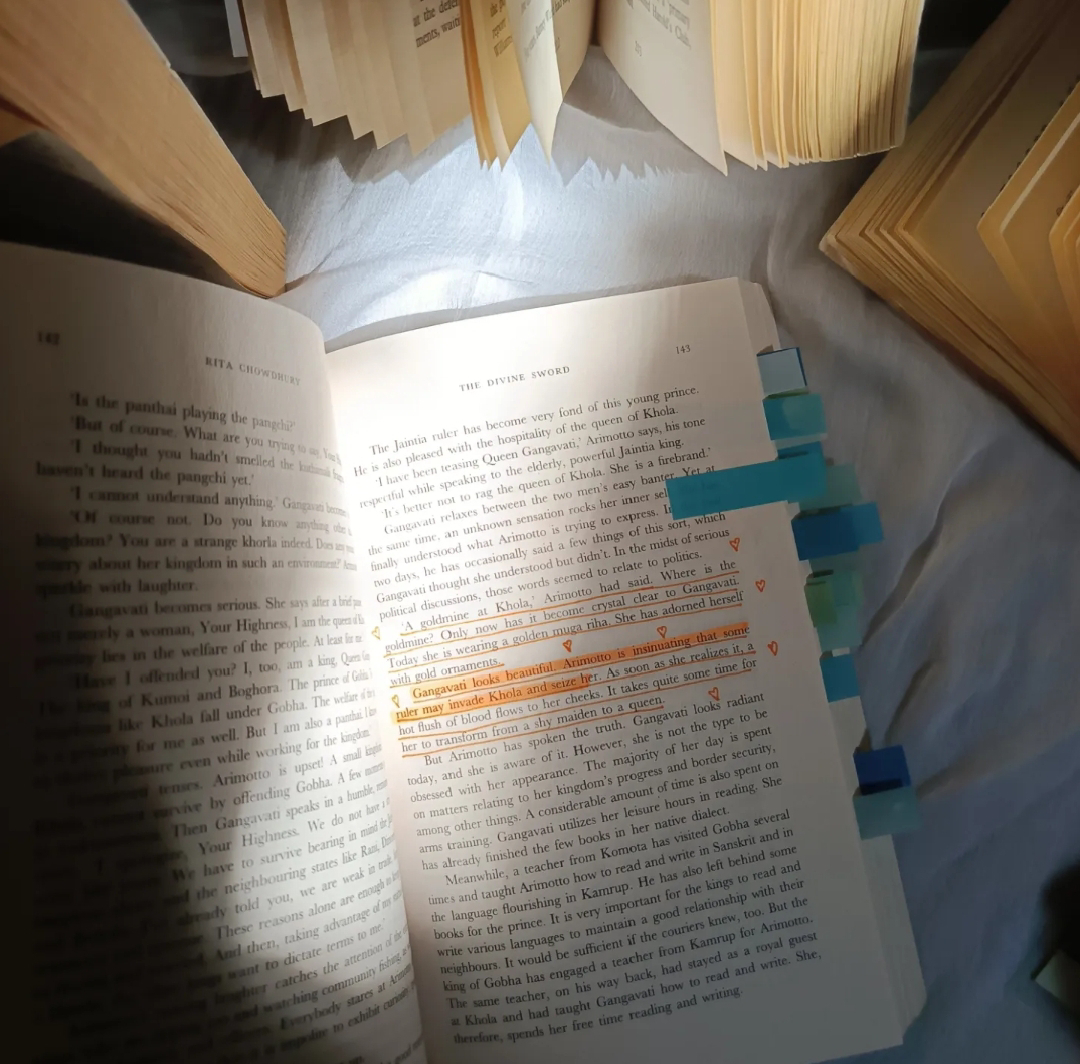


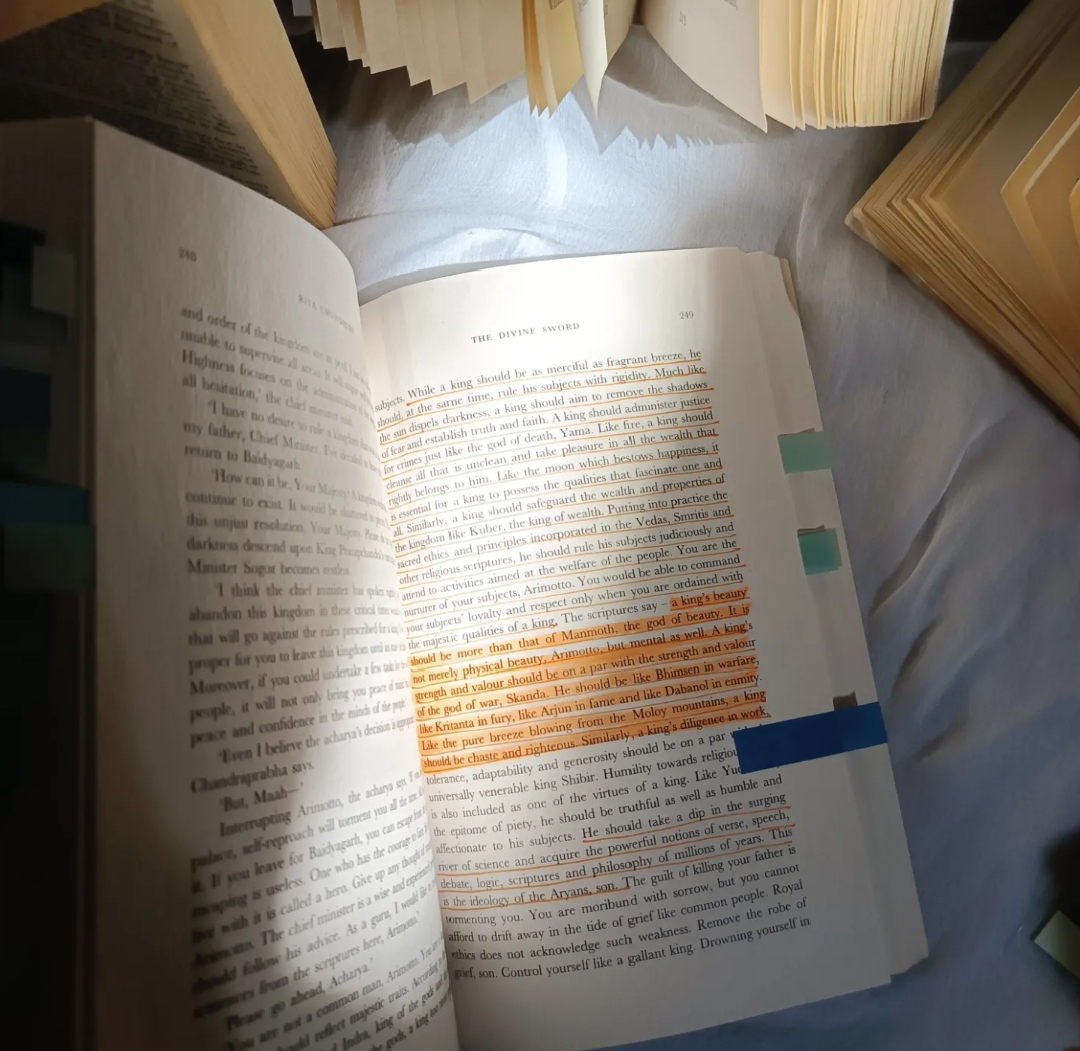



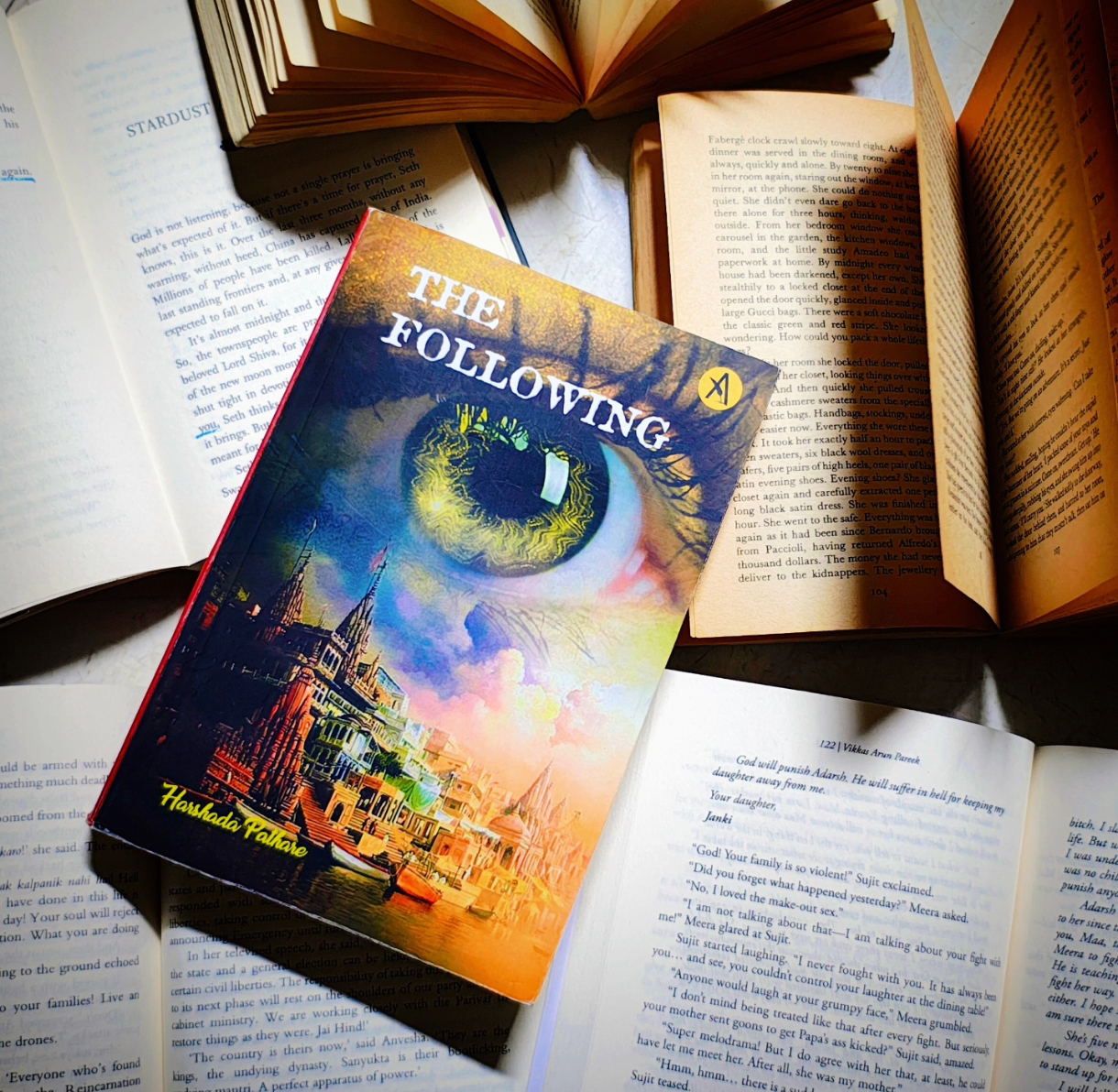

Comments
Post a Comment